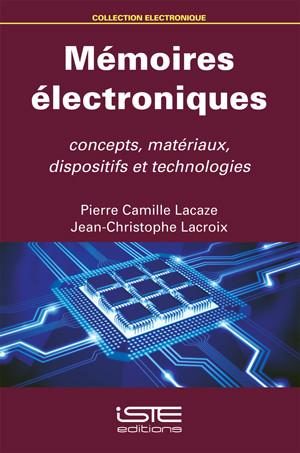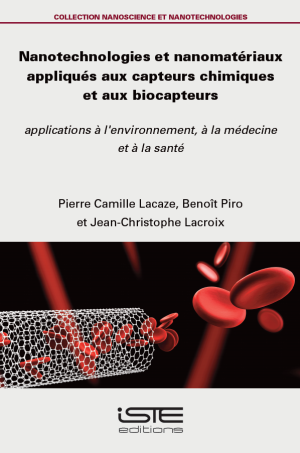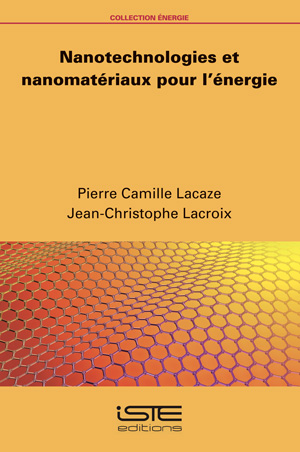
The reflection in terms of the optimization of data storage and processing speeds has recently led to new criteria for the functioning of electronic memories of the future. These memories, while consuming a very small amount of energy, should be able to ensure both archiving functions (data conservation over periods longer than 10 years) and […]
The reflection in terms of the optimization of data storage and processing speeds has recently led to new criteria for the functioning of electronic memories of the future. These memories, while consuming a very small amount of energy, should be able to ensure both archiving functions (data conservation over periods longer than 10 years) and be able to carry out logic operations at very high speeds (switching times in the order of a nanosecond).
These so-called Storage Class Memories (SCM) still do not exist and are currently the subject of intensive research.
This book presents the three systems that are on the cusp of achieving this objective: STT (Spin Torque Transfer) magnetic memories, phase-change memories (PCRAM) and resistive random-access memories (RRAM). Proposing a detailed description of the developments of the existing technologies, the authors also analyze the emergence of new concepts that may lead to SCM-type electronic memories.
Part 1. Information Storage and the State of the Art of Electronic Memories
1. General Issues Related to Data Storage and Analysis Classification of Memories and Related Perspectives.
2. State of the Art of DRAM, SRAM, FLASH, HDD and MRAM Electronic Memories.
3. Evolution of SSD Toward FeRAM, FeFET, CTM and STT-RAM Memories.
Part 2. The Emergence of New Concepts The Inorganic NEMS, PCRAM, ReRAM and Organic Memories.
4. Volatile and Non-volatile Memories Based on NEMS.
5. Non-volatile Phase-Change Electronic Memories (PCRAM).
6. Resistive Memory Systems (RRAM).
7. Organic and Non-volatile Electronic Memories.



